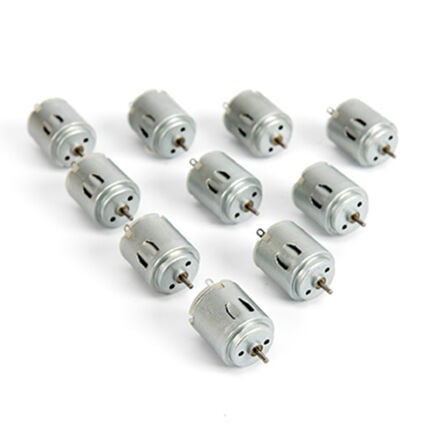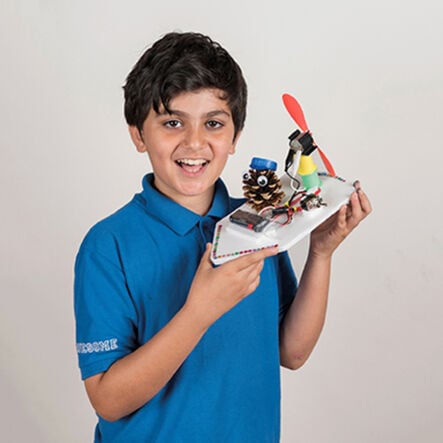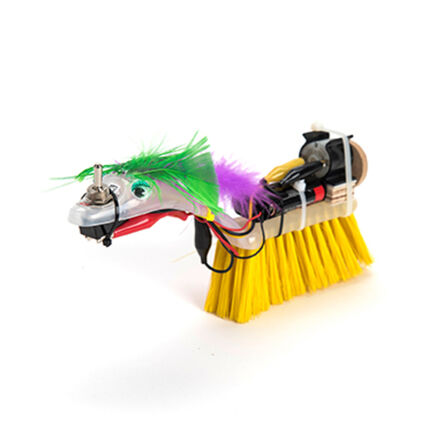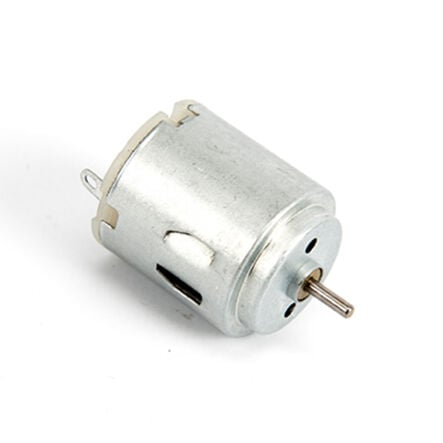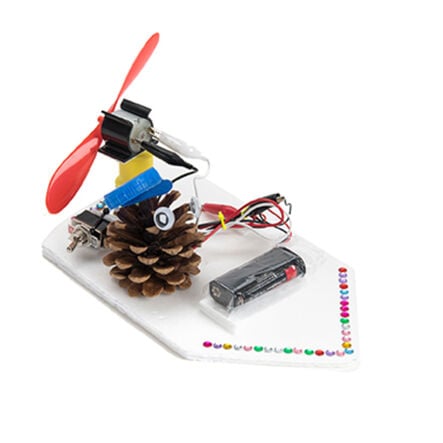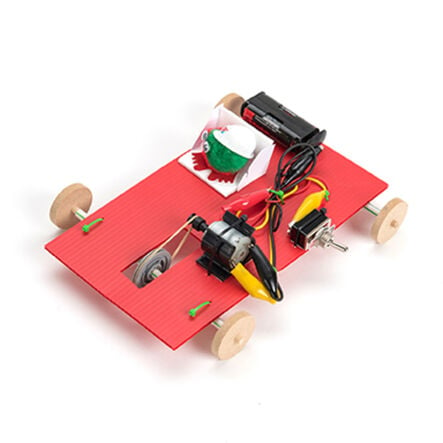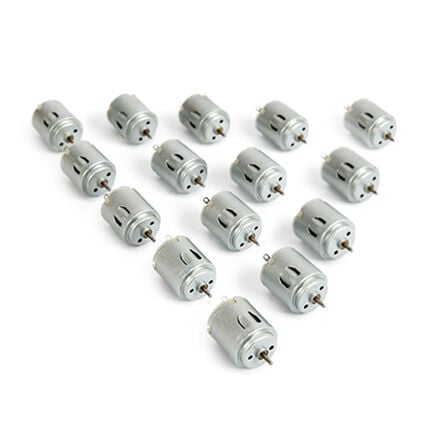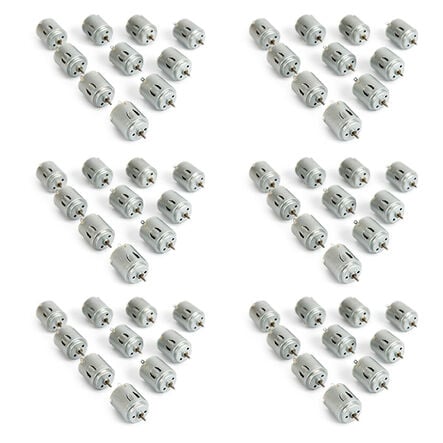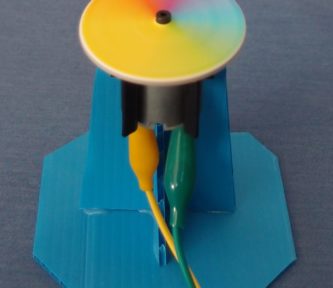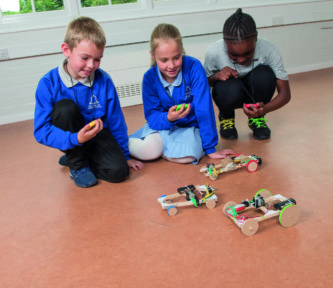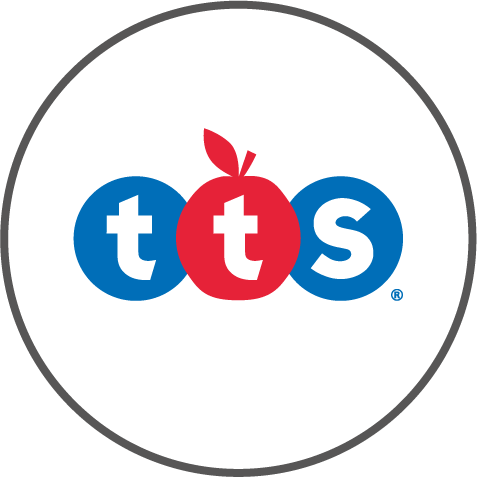Small Electric DC Motors 1.5 to 4.5v
https://www.tts-group.co.uk/small-electric-dc-motors-1.5-to-4.5v/1003732.html Product Code: make all selections to view product codePromotions
Product Actions
Product Information
 Bulk Packs
Bulk Packs
Helping to Support Teaching and Learning
-
Versatile Voltage Range
Designed to operate between 1.5v and 4.5v, these small electric DC motors are incredibly versatile, suitable for a wide range of educational projects from lighting up models to powering vehicles.
-
Essential Educational Resource
These motors spark curiosity about electricity among children and bring hands-on activities to life, making them an indispensable addition to your resource cupboard.
-
Practical Learning Tool
These motors provide a practical approach to understanding key concepts, enhancing interactive learning.
-
Curriculum Aligned
Supporting the Key Stage 2 Electricity curriculum, these motors enable children to explore and understand the workings of common appliances and circuits through engaging projects.
-
Understanding Electricity
Ideal for exploring the concept of how common appliances run on electricity, these motors align with the Key Stage 2 curriculum, making complex ideas accessible and engaging.
Featured and Inspired By
Get the most out of your Small Electric DC Motors 1.5 to 4.5v by taking inspiration


